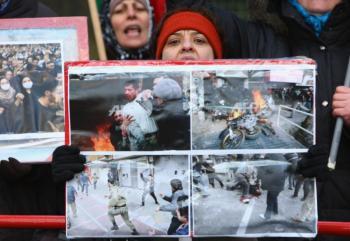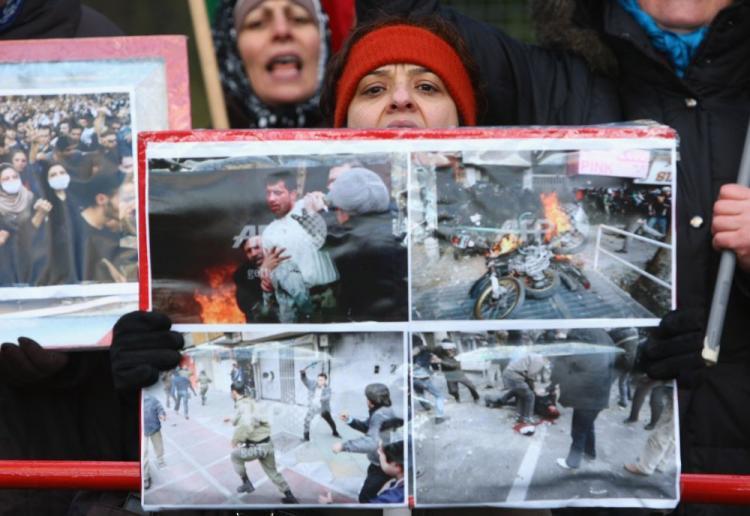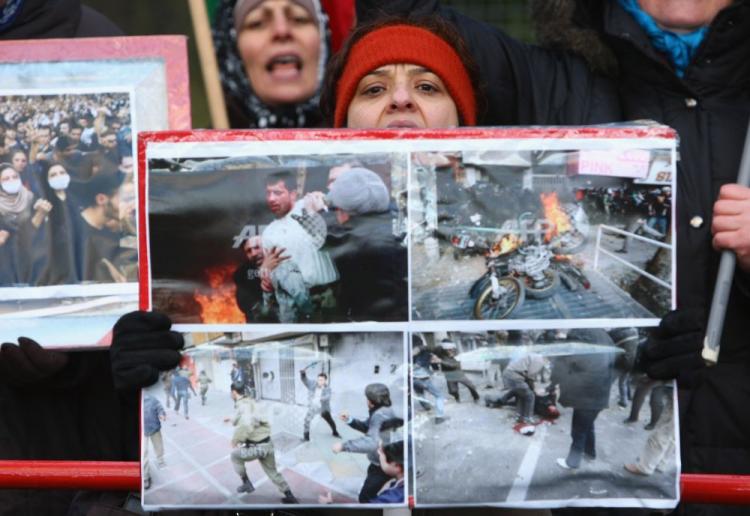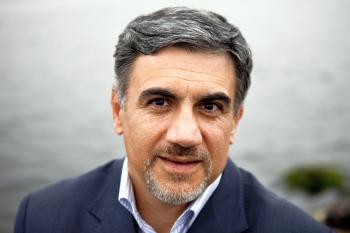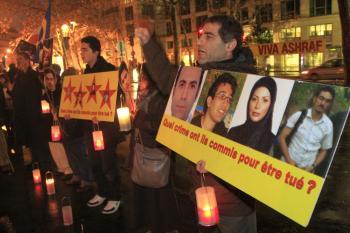U.S. President Barack Obama and German Chancellor Angela Merkel both condemned the Iranian regime for the violence against its own citizens on Monday, less than 24 hours after eight opposition protesters were killed and over 300 arrested in the Western city of Tabriz and the capital city of Teheran, as reported by Press TV.
“For months the Iranian people have sought nothing more than to exercise their universal rights,” said Obama, who was on a Christmas break with his family in Hawaii. “Each time they have done so, they have been met with the iron fist of brutality … and each time that has happened the world has watched with deep admiration for the courage and the conviction of the Iranian people, who are a part of Iran’s great and enduring civilization.”
Obama’s language was his strongest yet in support of human rights in Iran.
“We will continue to bear witness to the extraordinary events that are taking place there,” he said. “And I’m confident that history will be on the side of those who seek justice.”
German Chancellor Merkel equally condemned the violence against Iranian citizens in a statement released to the press on Monday.
“I call on Iran to comply with its obligations under the International Covenant on Civil and Political Rights. In particular, the right to freedom of expression through peaceful demonstrations should not be restricted or suppressed by violence,” said the German chancellor.
The escalation of public protests since the presidential elections in June coincided with the death of the symbolic father of the reform movement in Iran, Grand Ayatollah Hossein Ali Montazeri on Dec. 20.
Montazeri’s death energized opposition protesters in Iran, turning commemorative events into massive public gatherings where the Revolutionary Guard, the military arm of the Islamic regime, and Iranian security forces began to clash, beating many of the opposition demonstrators.
Bodies of Protesters Killed on Sunday Taken
The bodies of several demonstrators killed on Sunday, including the nephew of opposition leader Mir-Housein Mousavi, Ali Habibi Mousavi, have reportedly been taken from the hospital morgues in both Teheran and Tabriz, say several Iranian opposition Web sites on Monday.
Several advisers to Mousavi were also reported to have been taken into custody, including Ali Reza Behesti and former foreign minister turned opposition activist, Ebrahim Yazdi.
The move appears to be a last resort for the Iranian regime as it attempts to stem public protests by preventing prominent opposition leaders from appearing in public.
Former President Mohammad Khatami, was interrupted by the Iranian security forces in Teheran during a speech Dec. 26, as he attacked many audience members before being escorted out by his bodyguards.
Iranian President Ahmadinejad will be traveling to Tajikistan next week, leading to speculation about the regime’s stability.
